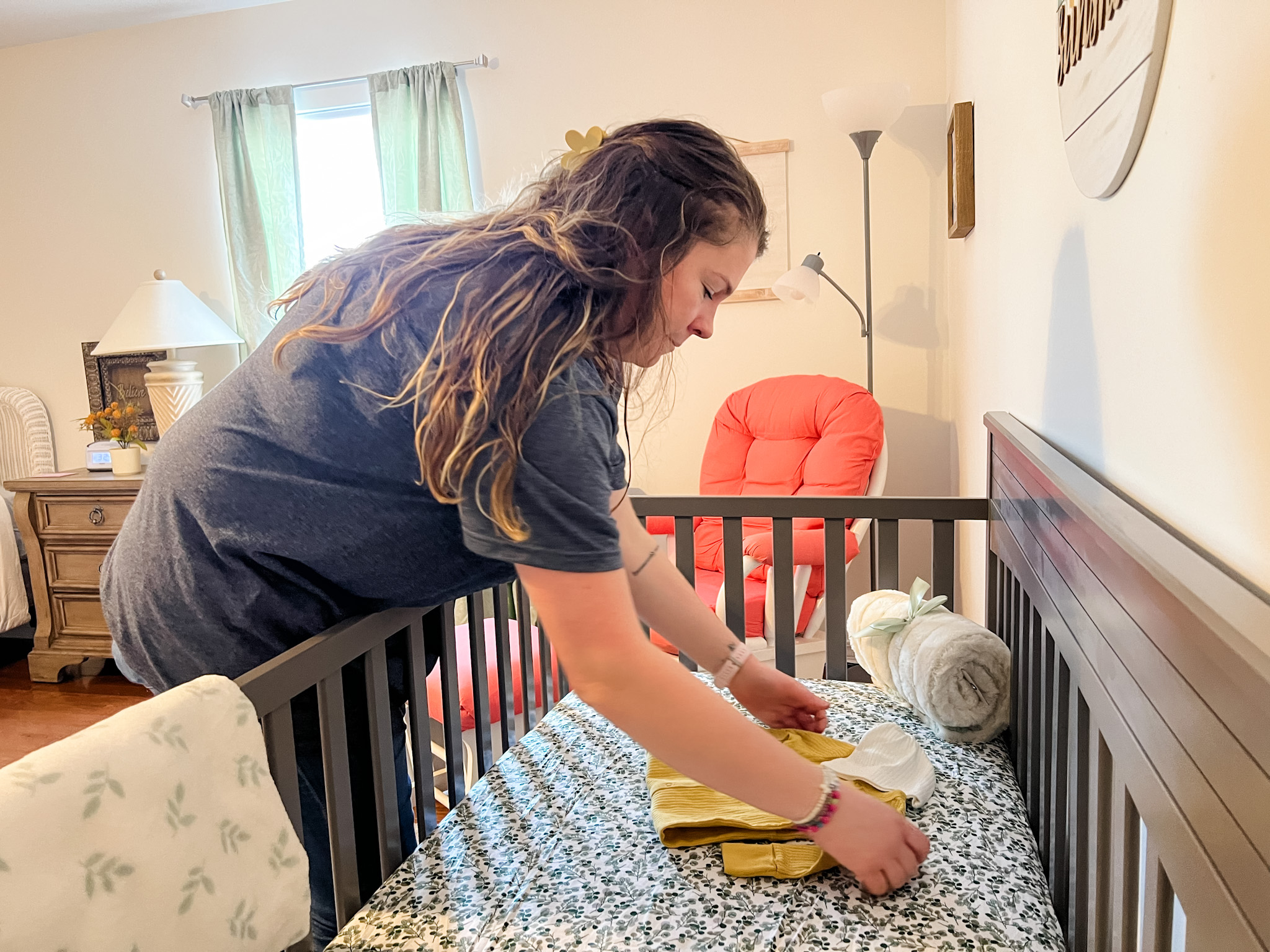CHILTON COUNTY, Ala. — At the end of a gravel road that runs through a wooded property in Chilton County, Alabama, a plain white two-story house sits overlooking a small pond.
Outside the house, everything is tranquil: The swings on the new playground nearby are quiet, the pond is still, the rocking chairs lined up on the covered front porch rest vacant.
Inside, the house is a hive of activity on a sunny morning in mid-September. Volunteers mop floors and carry plastic tubs of supplies to the upstairs bedrooms while contractors install stair railings and touch up paint in the hallways.
…
Many states with the nation’s strictest anti-abortion laws, such as Alabama, also tend to be states where families face high maternal and infant mortality rates, high rates of poverty, and poor access to obstetrical providers, health insurance and child care.
In places where the social safety net is threadbare, maternity homes can offer a soft place to land.
And their numbers are growing.
As conservative state lawmakers look for ways to support pregnant women after championing anti-abortion legislation, some have turned to pregnancy resource centers, many of them Christian-based, funneling public dollars toward them and, in some cases, to the maternity homes they operate.
But critics caution that the free help maternity homes provide comes with strings attached.
